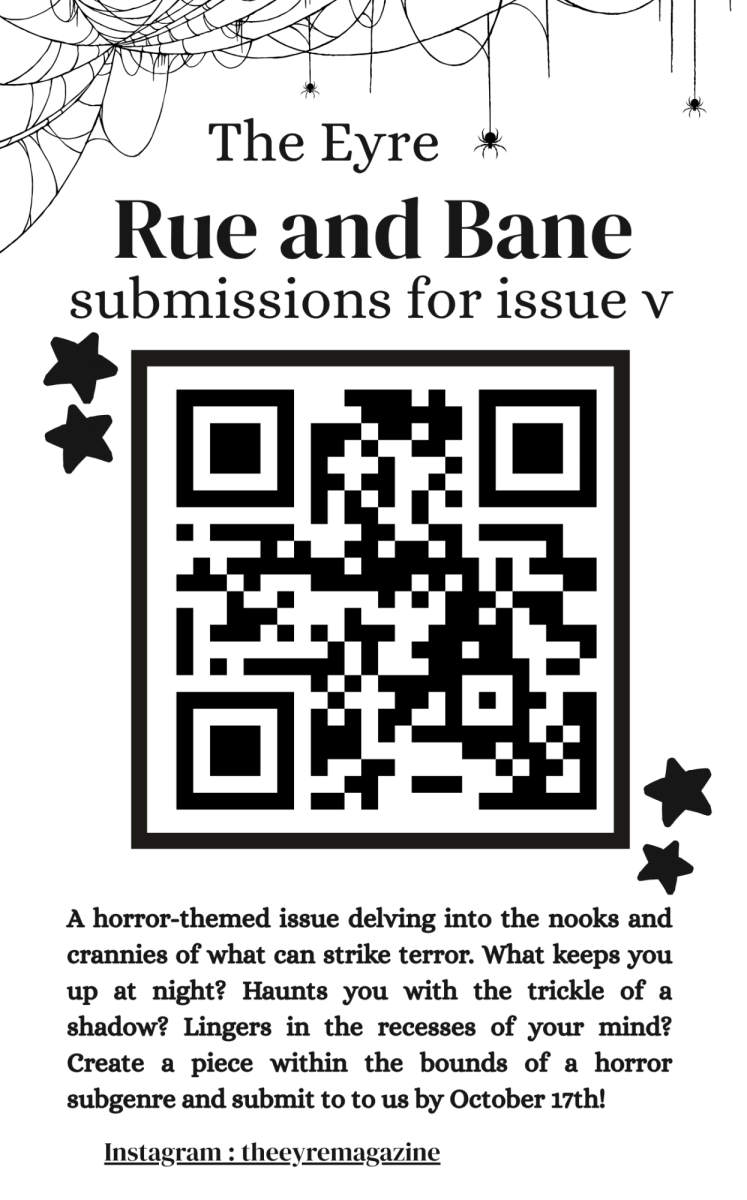Early on Monday morning, Tyler Okonma, professionally known as Tyler the Creator, released his seventh album, Chromakopia. With 14 unique tracks, beginning with “St. Chroma,” featuring popular R&B singer Daniel Caesar, the album spans 53 total minutes; I listened to each consecutively and loved every track.
Okonma has historically created an alter ego to represent the different, often dark and intimate, themes of his albums. His most recent military general persona, with a bright green suit and full-face mask, is no different.
Chromakopia’s themes range from the struggles of unplanned pregnancy and the fear of commitment, to paranoia and the experience of growing up without a father. Okonma’s music is incredibly emotional and vulnerable, authentically laying his personal experiences on the table.
An especially touching aspect of his album is the scattered audio clips of his mother, Bonita Smith, who speaks in nine of the 14 songs. She opens the first song, “St. Chroma” by boldly stating, “You are the light. It’s not on you. It’s in you.” Smith concludes the album in “I Hope You Find Your Way Home,” nearly in tears, as she reminds Okonma to “keep shining.”
After a first listen, some of the most memorable songs to me were “St. Chroma” for its unique lyricism and whispered rapping, “Hey Jane” for its incredible storytelling and conversational tone similar to that of “Wilshire,” from Call Me If You Get Lost, and “Sticky”, which isn’t my personal favorite but includes featured artists GloRilla, Sexyy Red, and Lil Wayne.
However, the song that struck me most is “Like Him,” which begins with a piano melody over which Smith compares Okonma’s complexion to that of his father. “Like Him” marks a shift within the album from the frustration and struggle conveyed in the earlier tracks to reveal a softer and unshielded vulnerability, backed by Okonma’s trademark synth and piano.
Chromakopia was worth waiting for and worth listening to. The most beautiful element of Okonma’s art is his exceptional portrayal of his innermost emotions and how he brings them to light so that his audience knows they are not alone.






